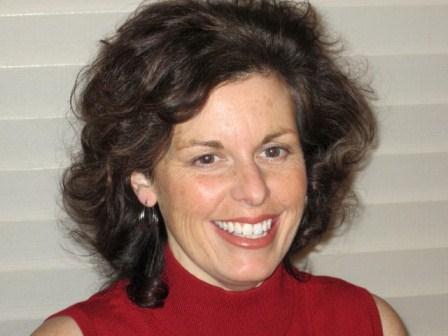| Concurrent Session #2 - Thursday, May 25th, 2017 | ||
| Presenter's Biographies | ||
John Oughton: Mentoring and Coaching |
||
 |
Teaching can sometimes be a stressful occupation. Academic coordinators may not feel ready to counsel and guide faculty members whose teaching strategies, classroom management, and evaluation are being questioned by students or managers. Sometimes mentoring is the appropriate response, but in other situations a coaching approach may be more fruitful. Learn through a combination of group instruction, pair exercises, and a coaching demonstration.
|
|
Deanna Douglas - Student Advising: Creating Effective Conversations |
||
|
This workshop is designed to review methods and techniques to enhance the student-advisor interaction and communication. At the end of this workshop, participants in this workshop will: 1. Discuss the elements of passionate advising by considering how to effectively structure the academic advising conversation 2. Explore emerging best practices for advising at-risk students 3. Consider ways to organize the academic advising conversation 4. Create a framework for advising with confidence and purpose |
|
Virginia Harwood: Caught in the Middle - Coordinating & Team Building Amid Conflict |
||
 |
Together, we will explore:
Upon completion of this workshop, you will have enhanced your ability to negotiate with team members by being able to:
|
|


